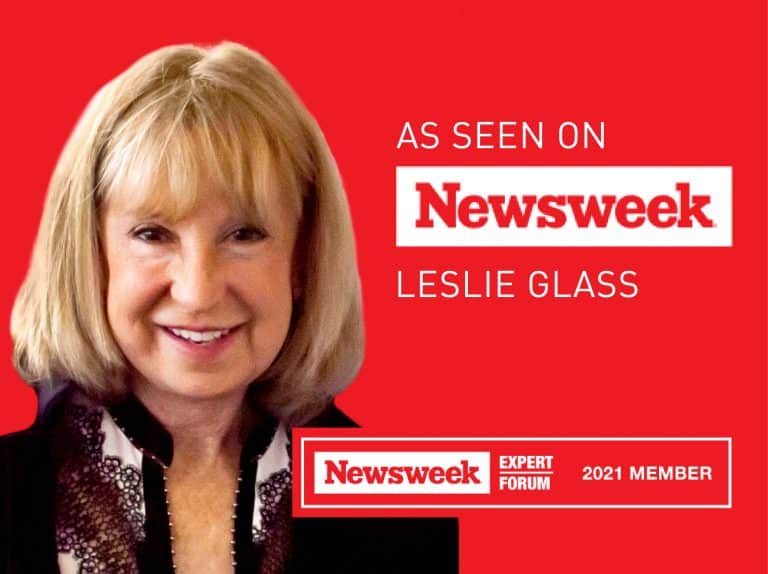10% Of Adult Americans Say They Are In Some Form Of Recovery
According to DrugFree.org 10% of Americans are in recovery from drug and alcohol abuse and addiction, and that is only what is reported. There are many more out there. So, this is why your business should become recovery friendly. Now, ask yourself if your business recovery friendly. What about your family and friends? Are they sober and recovery friendly? With the opioid epidemic only getting worse, what can we do to promote recovery in our businesses and communities?
Here’s how one employee at a major company made a difference. As seen on Newsweek. What happens when an executive in the technology industry decides to finally come out about his recovery? If he’s like most executives I’ve worked with, he’s terrified it won’t go well. And that’s not surprising. For almost a century — since Alcoholics Anonymous and 12-step programs were founded by a stockbroker and doctor in 1935 — keeping silent about addiction recovery has been the norm. In many businesses, being a drunk or a drug user is not only accepted, it is actually part of the culture. That can cause safety issues and sexual harassment issues, too. Using and drinking lower inhibitions and encourage predatory behavior. But holiday time is not recovery friendly. That’s when businesses too often have alcohol fueled parties that discourage responsibility and sensitivity to those who don’t want to drink or get drunk.
What is Recovery Friendly
Business 101 should mean workplaces are drug-free, safe for all employees and safe for the public they serve. Therefore, sobriety should be the most cherished word in business leaders’ lexicon. Sobriety should be honored and celebrated because, to use the lowest common denominator, it’s just good for business. When people seek treatment for their addiction, absenteeism and illnesses decrease and they become physically and mentally healthier. Productivity increases. Employees are more motivated and focused on their daily and long-term tasks. Behavior improves. The lying and covering up that people do to hide their use ends, and employees are more service-oriented (service is part of recovery). There’s no downside for businesses that support the recovery of their employees. When businesses allow their employees to celebrate and not hide their recovery, they become recovery friendly. When families and friends are sober friendly, it is safe and secure for those in recovery to be themselves.





















